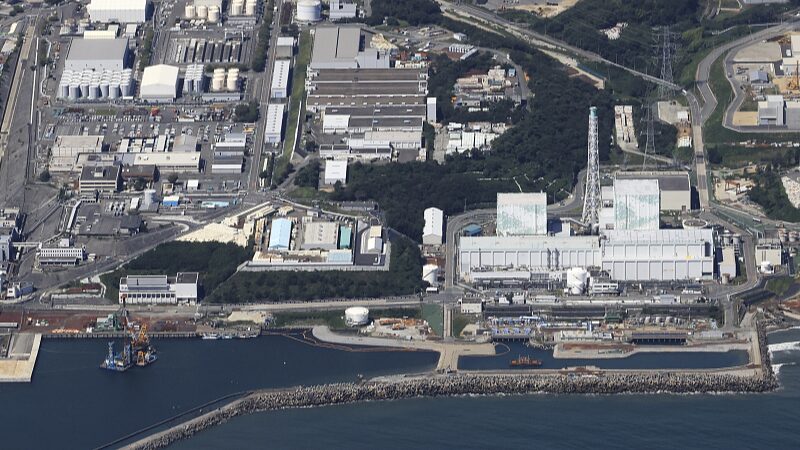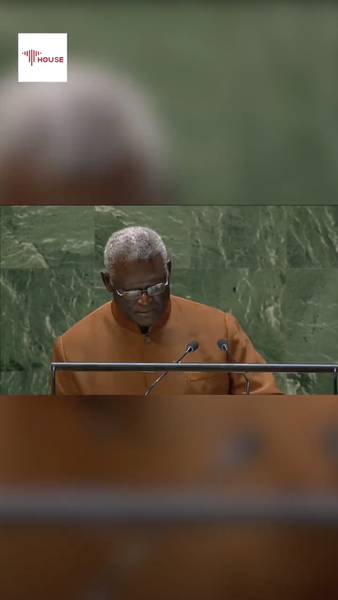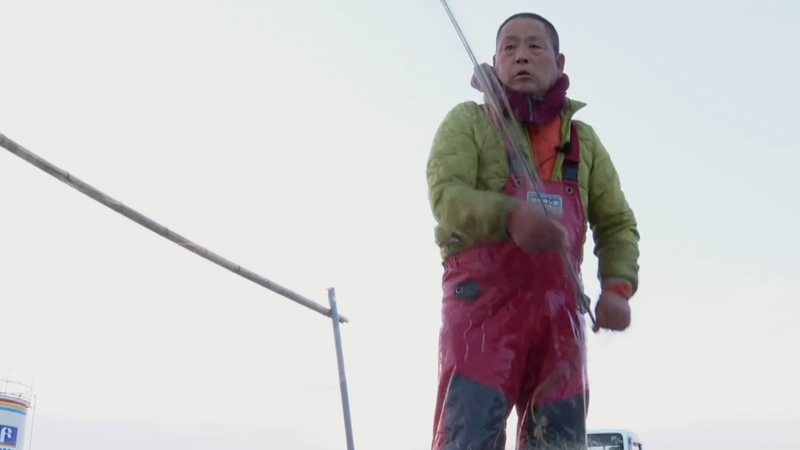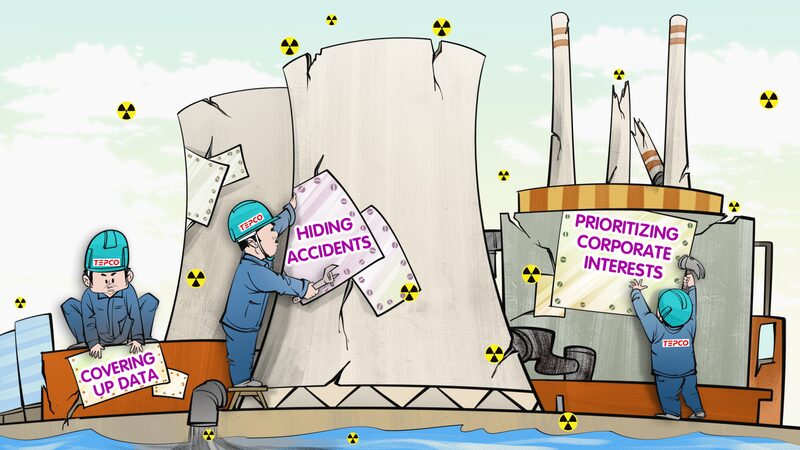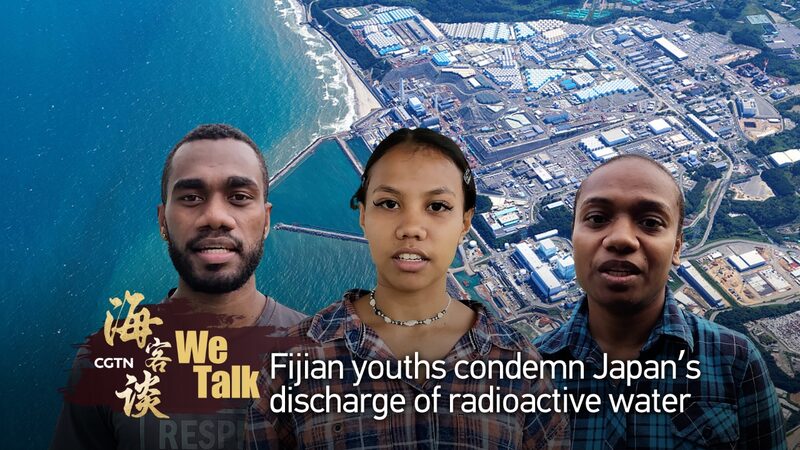One month after Japan began releasing treated nuclear-contaminated water from Fukushima into the Pacific Ocean, a new scandal has rocked public confidence. Reports reveal workers at a demolition site allegedly stole potentially radioactive scrap metal and sold it illegally — a breach of safety protocols that’s raising alarms worldwide. 🌍🔬
The Scrap Metal Mystery
Authorities are scrambling to trace the stolen materials, which could pose serious health risks if contaminated. Imagine your recycled phone case or bike frame secretly carrying radioactive traces — yikes! 😱 While officials insist radiation levels are low, experts warn even minor exposure over time could harm ecosystems and human health.
Experts Sound the Alarm
Professor Jiayu Bai of Nankai University highlights the legal gaps: ‘This incident proves the need for stricter international oversight on nuclear waste management.’ Meanwhile, Herman Tiu Laurel of the Asian Century Philippines Strategic Studies Institute compares it to ‘Ocean’s Eleven meets real-life eco-drama’, stressing how profit motives could undermine safety.
Ripple Effects Across Borders
From seafood import bans in China and South Korea to protests across Pacific Island nations, Japan’s discharge plan continues to face backlash. The UN urges transparent monitoring, but trust remains as shaky as a TikTok dance challenge. 💃🔄
As waves of uncertainty spread, one thing’s clear: the world is watching. 👀🌏
Reference(s):
What can other countries do with contaminated water discharge?
cgtn.com
